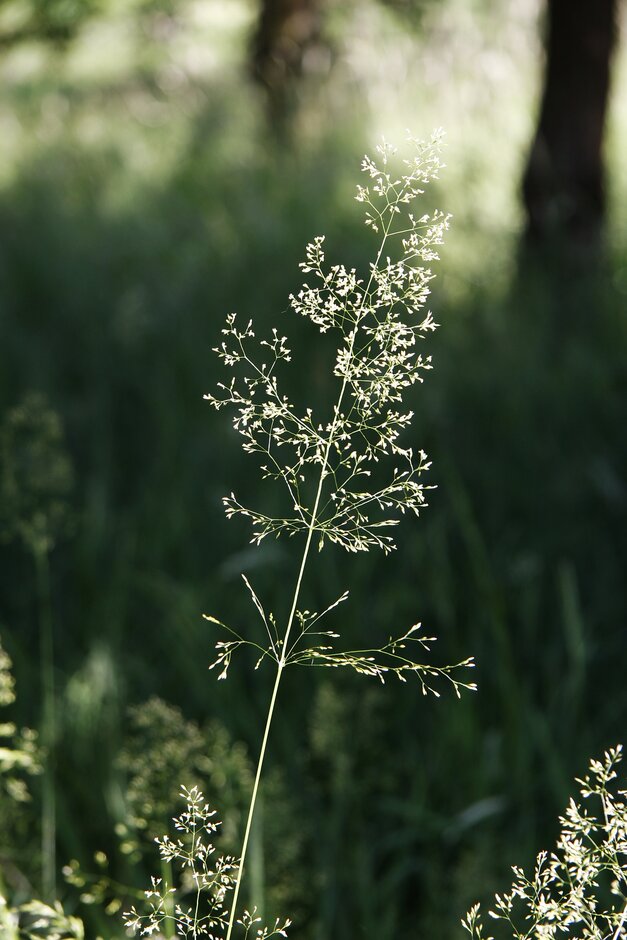Not the plant you're looking for? Search over 300,000 plants
Grass Like
Agrostis capillaris
common bent
Better known as Brown Top or Common Bent grass. It is a tufted variety ideal for luxury lawns that will be mowed on a regular basis
Other common names
brown topcommon bent grass
see moreRhode Island bent
black quitch
colonial bent
herd's grass
monkey's grass
red top grass
maeswellt cyff redin
Synonyms
Agrostis marysae-tortiaeAgrostis tenuis
see moreAgrostis vulgaris var. aristata
Agrostis vulgaris var. vivipara
Agrostis pumila
Agrostis vulgaris
Agrostis vulgaris var. genuina

prev
next
Buy this plant
Size
Ultimate height
0.1–0.5 metresTime to ultimate height
1 yearUltimate spread
0–0.1 metreGrowing conditions
Chalk
Clay
Loam
Sand
Moisture
Moist but well–drained, Well–drainedpH
Acid, NeutralColour & scent
| Stem | Flower | Foliage | Fruit | |
| Spring | Green | |||
|---|---|---|---|---|
| Summer | Green | |||
| Autumn | Green | |||
| Winter | Green |
Position
- Full sun
- Partial shade
Aspect
South–facing or East–facing or West–facing
Exposure
Sheltered Hardiness
H7Botanical details
- Family
- Poaceae
- Native to GB / Ireland
- Yes
- Foliage
- Evergreen
- Habit
- Matforming
- Genus
Agrostis can be annual or perennial grasses, with narrow or bristle-like leaves and branches panicles of small flowers
- Name status
Correct
- Plant range
- Europe, N Africa, SW Asia
How to grow
Cultivation
By seed. Slow to establish but will become neat and dense if mown regularly
Propagation
Sow seed directly into weed-free, prepared soil in spring or early autumn
Suggested planting locations and garden types
- Cottage and informal garden
- Coastal
- Banks and slopes
Pruning
Mow regularly
Pests
Seed may be eaten by ants, birds, chafer grubs and Leatherjackets
Diseases
Algae, Dollar spot, Corticium disease, Fusarium patch, fungae
Get involved
The RHS is the UK’s gardening charity, helping people and plants to grow - nurturing a healthier, happier world, one person and one plant at a time.